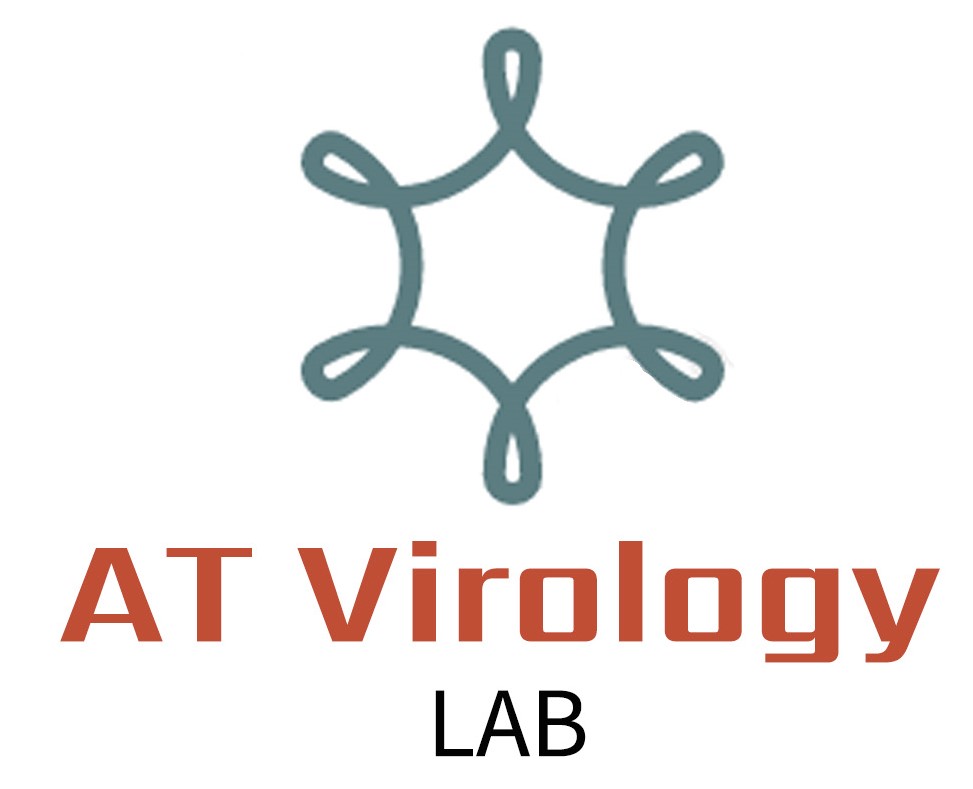Since December 2019, the emergence of severe acute respiratory syndrome coronavirus-2 (SARS-CoV-2) has caused severe pneumonia, a disease named COVID-19, that became pandemic and created an acute threat to public health. The effective therapeutics are in urgent need. Here, we developed a high-content screening for the antiviral candidates using fluorescence-based SARS-CoV-2 nucleoprotein detection in Vero E6 cells coupled with plaque reduction assay. Among 122 Thai natural products, we found that Boesenbergia rotunda extract and its phytochemical compound, panduratin A, exhibited the potent anti-SARS-CoV-2 activity. Treatment with B. rotunda extract and panduratin A after viral infection drastically suppressed SARS-CoV-2 infectivity in Vero E6 cells with IC50 of 3.62 μg/mL (CC50 = 28.06 µg/mL) and 0.81 μΜ (CC50 = 14.71 µM), respectively. Also, the treatment of panduratin A at the pre-entry phase inhibited SARS-CoV-2 infection with IC50 of 5.30 µM (CC50 = 43.47 µM). Our study demonstrated, for the first time, that panduratin A exerts the inhibitory effect against SARS-CoV-2 infection at both pre-entry and post-infection phases. Apart from Vero E6 cells, treatment with this compound was able to suppress viral infectivity in human airway epithelial cells. This result confirmed the potential of panduratin A as the anti-SARS-CoV-2 agent in the major target cells in human. Since B. rotunda is a culinary herb generally grown in China and Southeast Asia, its extract and the purified panduratin A may serve as the promising candidates for therapeutic purposes with economic advantage during COVID-19 situation.
PUBLICATIONS
2020
The ongoing coronavirus disease 2019 (COVID-19) outbreak caused by novel zoonotic severe acute respiratory syndrome coronavirus 2 (SARS-CoV-2) was initially reported in Wuhan city, Hubei Province of China, in late December 2019. The rapid global spread of the virus calls for the urgent development of vaccines or therapeutics for human applications to combat the coronavirus infection. Monoclonal antibodies (mAbs) have been utilized as effective therapeutics for treating various infectious diseases. In the present study, we evaluated the feasibility of plant expression system for the rapid production of recently identified therapeutically suitable human anti-SARS-CoV-2 mAbs B38 and H4. Transient co-expression of heavy-chain and light-chain sequences of both the antibodies by using plant expression geminiviral vector resulted in rapid accumulation of assembled mAbs in Nicotiana benthamiana leaves within 4 days post-infiltration. Furthermore, both the mAbs were purified from the plant crude extracts with single-step protein A affinity column chromatography. The expression level of mAb B38 and H4 was estimated to be 4 and 35 μg/g leaf fresh weight, respectively. Both plant-produced mAbs demonstrated specific binding to receptor binding domain (RBD) of SARS-CoV-2 and exhibited efficient virus neutralization activity in vitro. To the best of our knowledge, this is the first report of functional anti-SARS-CoV-2 mAbs produced in plants, which demonstrates the ability of using a plant expression system as a suitable platform for the production of effective, safe, and affordable SARS-CoV-2 mAbs to fight against the spread of this highly infectious pathogen.
Coronavirus disease 2019 (COVID-19) is caused by the severe acute respiratory syndrome coronavirus 2 (SARS-CoV-2). Although Thailand has been fairly effective at controlling the spread of COVID-19, continued disease surveillance and information on antibody response in recovered patients and their close contacts remain necessary in the absence of approved vaccines and antivirals. Here, we examined 217 recovered COVID-19 patients to assess their viral RNA shedding and residual antibodies against SARS-CoV-2. We also evaluated antibodies in blood samples from 308 close contacts of recovered COVID-19 patients. We found that viral RNA remained detectable in 6.6% of recovered COVID-19 cases and up to 105 days. IgM, IgG, and IgA antibodies against SARS-CoV-2 were detected in 13.8%, 88.5%, and 83.4% of the recovered cases 4–12 weeks after disease onset, respectively. Higher levels of antibodies detected were associated with severe illness patients experienced while hospitalized. Fifteen of the 308 contacts (4.9%) of COVID-19 cases tested positive for IgG antibodies, suggesting probable exposure. Viral clearance and the pattern of antibody responses in infected individuals are both crucial for effectively combating SARS-CoV-2. Our study provides additional information on the natural history of this newly emerging disease related to both natural host defenses and antibody duration.
Severe acute respiratory syndrome coronavirus-2 (SARS-CoV-2) is responsible for the ongoing global outbreak of coronavirus disease (COVID-19) which is a significant threat to global public health. The rapid spread of COVID-19 necessitates the development of cost-effective technology platforms for the production of vaccines, drugs, and protein reagents for appropriate disease diagnosis and treatment. In this study, we explored the possibility of producing the receptor binding domain (RBD) of SARS-CoV-2 and an anti-SARS-CoV monoclonal antibody (mAb) CR3022 in Nicotiana benthamiana. Both RBD and mAb CR3022 were transiently produced with the highest expression level of 8 μg/g and 130 μg/g leaf fresh weight respectively at 3 days post-infiltration. The plant-produced RBD exhibited specific binding to the SARS-CoV-2 receptor, angiotensin-converting enzyme 2 (ACE2). Furthermore, the plant-produced mAb CR3022 binds to SARS-CoV-2, but fails to neutralize the virus in vitro. This is the first report showing the production of anti-SARS-CoV-2 RBD and mAb CR3022 in plants. Overall these findings provide a proof-of-concept for using plants as an expression system for the production of SARS-CoV-2 antigens and antibodies or similar other diagnostic reagents against SARS-CoV-2 rapidly, especially during epidemic or pandemic situation.
